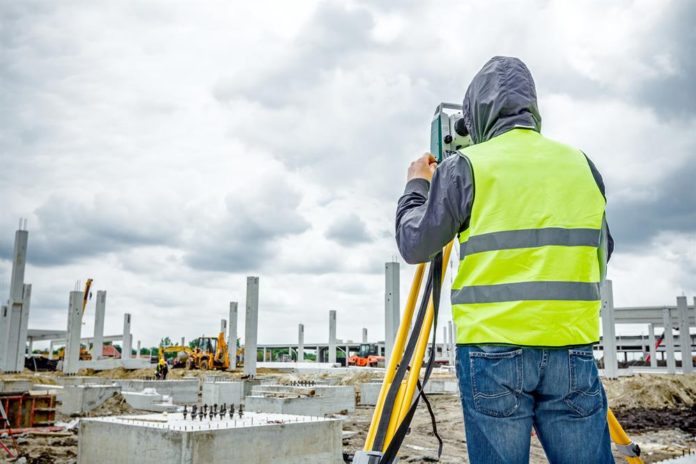Worried by lack of creativity and entrepreneurial spirit among graduates, professional engineers have urged students and young practitioners to equip themselves with new ideas in entrepreneurship, leadership skills, and politics. They said, this would put them in position to contribute towards the country’s infrastructural development and economy.
The Vice President, Nigerian Society of Engineers (NSE), Adeniran Felix Ibitoye, gave the advice at the second edition of Adigun Arewa mentorship programme for students and young engineers organised by NSE, Ikeja branch.
Speaking on the theme, ‘Young Engineers: The Catalyst For National Development’, he charged them to leverage the abundant opportunities in specific areas of the economy such as power, railway and roads infrastructure, agriculture, water, health, education, manufacturing, and services.

“Universities are spinning out graduates more than there are jobs, stay focused on your chosen path, apply for position that will enhance your career and stay relevant by following the success nuggets.”
On her part, the Chair, Women in Engineering (WIE) Committee of the World Federation of Engineering Organizations, (WFEO), Mrs. Yetunde Holloway, emphasised that the development of the nation is fully dependent on abilities of the youths.
She therefore stressed need to create the conditions for active engagement of the youths for national development and harnessing their roles as catalysts. She stated the need for innovative agenda towards maintaining and increasing the engineering and Science, Technology, Engineering and Mathematics (STEM) graduates especially, in Nigeria.
“Nigeria is under-engineered in per capita and per square kilometres terms. Low numbers engineering personnel correlated directly with low per capita Gross Domestic Product.
“These cursory statistics require us to also engage engineering in terms of the statistics of qualified personnel, in addition to capacity building, up-skilling, knowledge building initiatives, which is a common theme being addressed through national orientation policy and campaign to industrialise Nigeria.”
The engineer said that the measure of the development of a nation is a function of its engineering capacity, output and the future of a community is dependent on the youth. According to her, neglecting the engagement of youths in national development today will have dire consequences in the future, particularly in the field of engineering.
To her, young engineers must actively engage in the Sustainable Development Goals in a transformative, integrated and collaborative manner to ensure that the development of Nigeria catches up and aligns with the rest of the world.
Holloway further canvassed long-term relationships between educational reforms, and industrial development and examination of the interdependence of reforms affecting general, technical and vocational education. Meanwhile, in response to the lessons learnt from the COVID-19 pandemic crisis, the Association for Consulting Engineering in Nigeria (ACEN) has been implored to focus on the design and implementation of homegrown tested solutions to address the nation’s many developmental challenges.
Minister of Water Resources, Sulaiman Adamu, gave the charge as the Special Guest of Honour at the Extra Ordinary General Meeting of the Association held virtually on Thursday.
Guest Speaker, Dr. Nelson Ogunshakin, who spoke on the theme, ‘The Survival and Strengthening of Consulting Engineering Practice in Disruptive and Uncertain Times’, emphasized the need for engineers to examine both the threats and opportunities posed by COVID-19.
Ogunshakin, who doubles as the Chief Executive Officer, International Federation of Consulting Engineers (FIDIC), urged them to harness the energy and resources of members through the formation of local consortia in order to adequately handle these challenges instead of operating in traditional small-size practising firms.
In his remarks, President of the Association, George Okoroma, emphasised that ACEN in its over 49 years of existence, has stood to offer technical and ethical engineering consulting , which are now becoming radically challenged by the COVID-19 crisis, using more technologically intensive non-personal contacts and connections to deliver value added services to clients.
The Extra-ordinary General Meeting witnessed discussion on the recent achievements of ACEN by representatives of member firms while other means of advancing the impact of engineering in the country were identified.
Source: The Guardian



